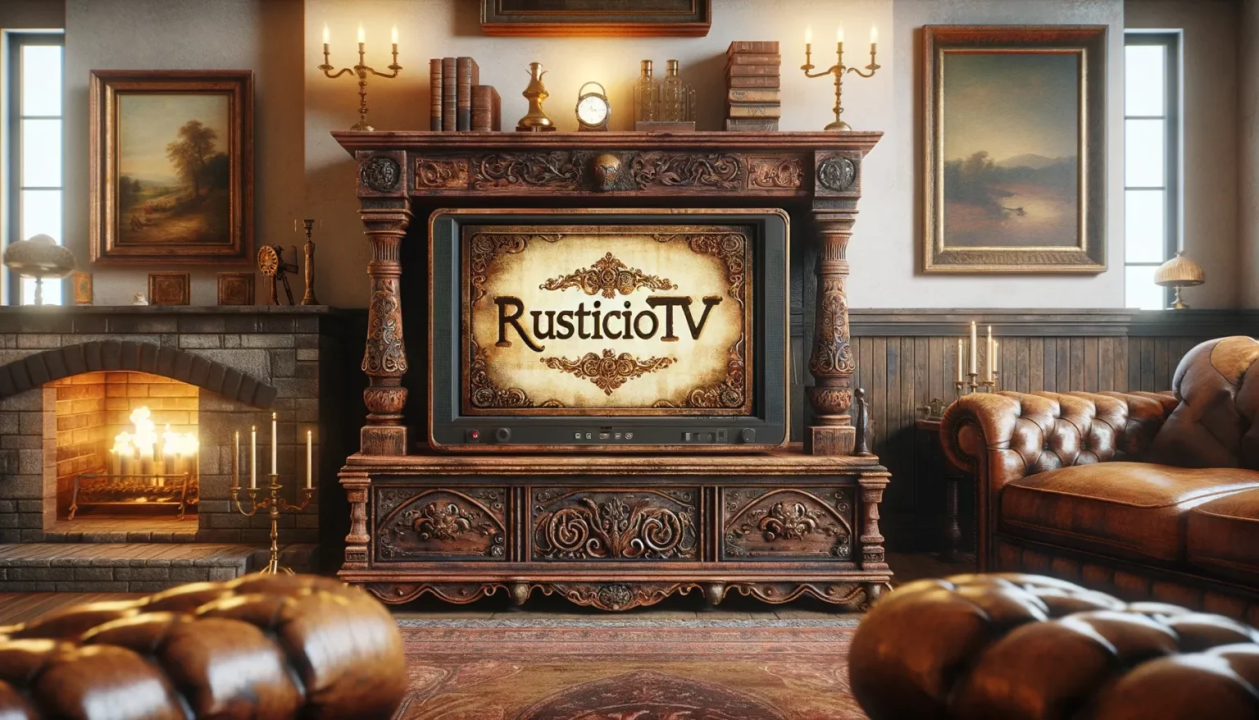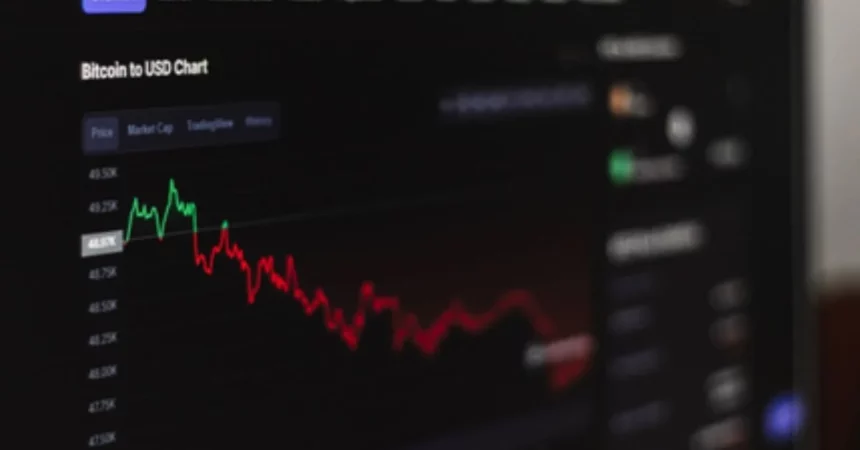For many decades natural gas plumbed into a home or apartment has been a standard in American living. It provides for cooking, heating, and operating certain types of gas-fueled devices, like water heaters dryers, or fireplaces. That said, the fuel source is still extremely flammable and, when it escapes and builds up in a closed area, it can become both dangerous and a health hazard for those in the immediate space. That’s why gas is manufactured with a specific smell to it; that wonderfully ugly aroma of rotten eggs is a warning sign to anyone that there is a gas leak in the house, and the stronger the smell the closer the leak is.
Repairs Needed
As mentioned above, the giveaway of a gas leak tends to be a rotten egg smell. That can’t be emphasized enough; if you smell it, call the gas company or a plumber immediately for an emergency repair. That said, smell isn’t always the best giveaway, especially when some homeowners can smell very well. In some rare circumstances a gas feed is not treated; in its standard form, natural gas has no odor at all, so without the right equipment it won’t be noticed.
While waiting for repair to show up in an emergency, open all the windows to immediately dilute the air in the affected room, and then turn off the gas feed to appliances or even the house if needed. If you don’t know how to do this, at least turn off anything with a flame or pilot light in the immediate area and draft the area. It might mean being a bit cold for a while, but it’s well worth your time and safety.
Other giveaways are hissing sounds as a big leak will be under pressure in the gas line, and the gas will make a sound escaping. That said, not every leak is noticeable. Sometimes a leak can be in the outside part of the gas line in the soil. Giveaways for this potential problem tend to be plants dying in the immediate area and monthly utility bills jumping up for no apparent reason.
Who Handles the Repair Responsibility?
If a gas line is out on the street leading to the house connection, then typically the municipal utility is responsible for repair. However, once the gas line begins the unique and distinct main line servicing the house, then it becomes the responsibility of the homeowner. Sometimes, homeowners’ insurance will cover the cost, part or whole, if the repair was unseen and part of the house structure. However, once the gas issue gets to the appliance, even then personal insurance won’t provide coverage. It becomes entirely an out-of-pocket expense for a repair. Given all the above, finding out where exactly the leak is and how it occurred makes a big difference.
For example, if the leak turns out to be in the plumbing in the house’s foundation, i.e. a slab leak, then the home policy may address it. On the other hand, if the leak is in the stove, it’s the homeowner’s responsibility entirely. Detection and identification then become critical factors both for stopping the problem as well as determining what happens next.
Professional Expertise is a Must
Gas line repairs are not the sort of thing one takes care of with a spin down to the local hardware big box store and fixes in a few hours. They require a specific skill, training, and practice. Licensed plumbers are an ideal choice for this kind of work, both ensuring the gas line repair is handled correctly as well as making sure all safety requirements and home construction or repair codes complied with. These are the added benefits one gets with a licensed professional repair aside from the actual repair work itself.
Bring in the right help and keep yourself safe. Gas leaks are never a simple thing to delay or ignore. Respond smart and keep your home healthy.










